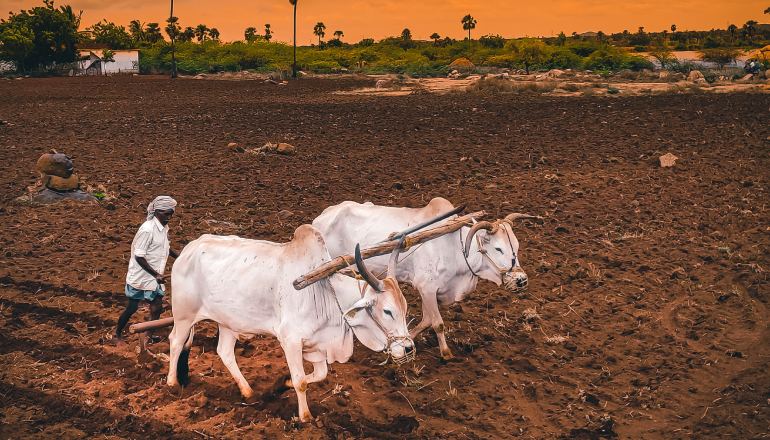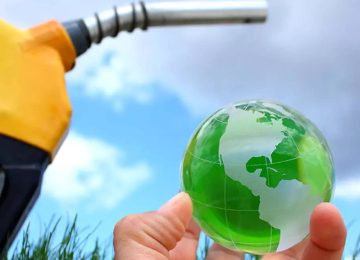Climate change and global warming have been the reigning topics of discussion in India the past few months.
India, the world’s third-largest carbon dioxide emitter, is grappling with the impacts of climate change.
A new report reveals that a large majority of Indians are concerned about various environmental hazards, including agricultural pests, diseases, heat waves, droughts, air pollution, famines, cyclones, and floods.
• About half of Indians believe they are already being harmed by global warming (53%).
• Many fear dangerous impacts such as heat waves, species extinctions, droughts, and food shortages.
• More than a third are considering or moving due to weather events.
• However, many face difficulties due to poor access to clean water, electricity disruptions, and limited air conditioners.
The impact of global warming:
Most Indians believe global warming is primarily human-caused.
The majority of Indians, 85%, have personally experienced the effects of global warming
The majority of respondents (71% and 76%) believe that global warming significantly impacts them.
92% of respondents consider it to be extremely important (38%), very important (35%), or somewhat important (20%).
52% of respondents believe that global warnings are primarily caused by natural environmental changes.
98% of people are willing to join a community emergency response team.
75% of households anticipate that it will take several months or more for them to recover from severe floods or droughts..
About one in three people have moved or considered moving because of weather-related disasters .
Most people in India also believe that global warming affects their local weather and monsoons.
The policy push:
Most people in India support policies to address environmental problems, including training people for renewable energy jobs, teaching all Indians about global warming, funding women’s groups.
93% of people are willing to join a community emergency response team.
Only 10% believe the government is currently doing the right amount. 61% believe the government should do more.
93% of Indians are willing to make significant changes to protect the environment, including buying energy-efficient appliances and electric vehicles.
The community bond:
India’s population is highly vulnerable to climate change impacts. About two in three people receive advanced warnings about extreme weather events, but about one in three do not.
A large majority of Indians are confident that their family and friends can help their local community prepare for and respond to these events.
Many people are already engaged or willing to engage in collective preparedness actions
Indigenous communities, preserving or expanding forested areas, and requiring new buildings to waste less water and energy.
The way forward:
India’s climate action plan aims to reduce emissions by 33-35% by 2030, generate 40% renewable energy, and increase forest cover. With rapid solar capacity growth, it needs $10.1 trillion in investments to achieve net-zero emissions by 2070. Education and communication strategies are crucial.








